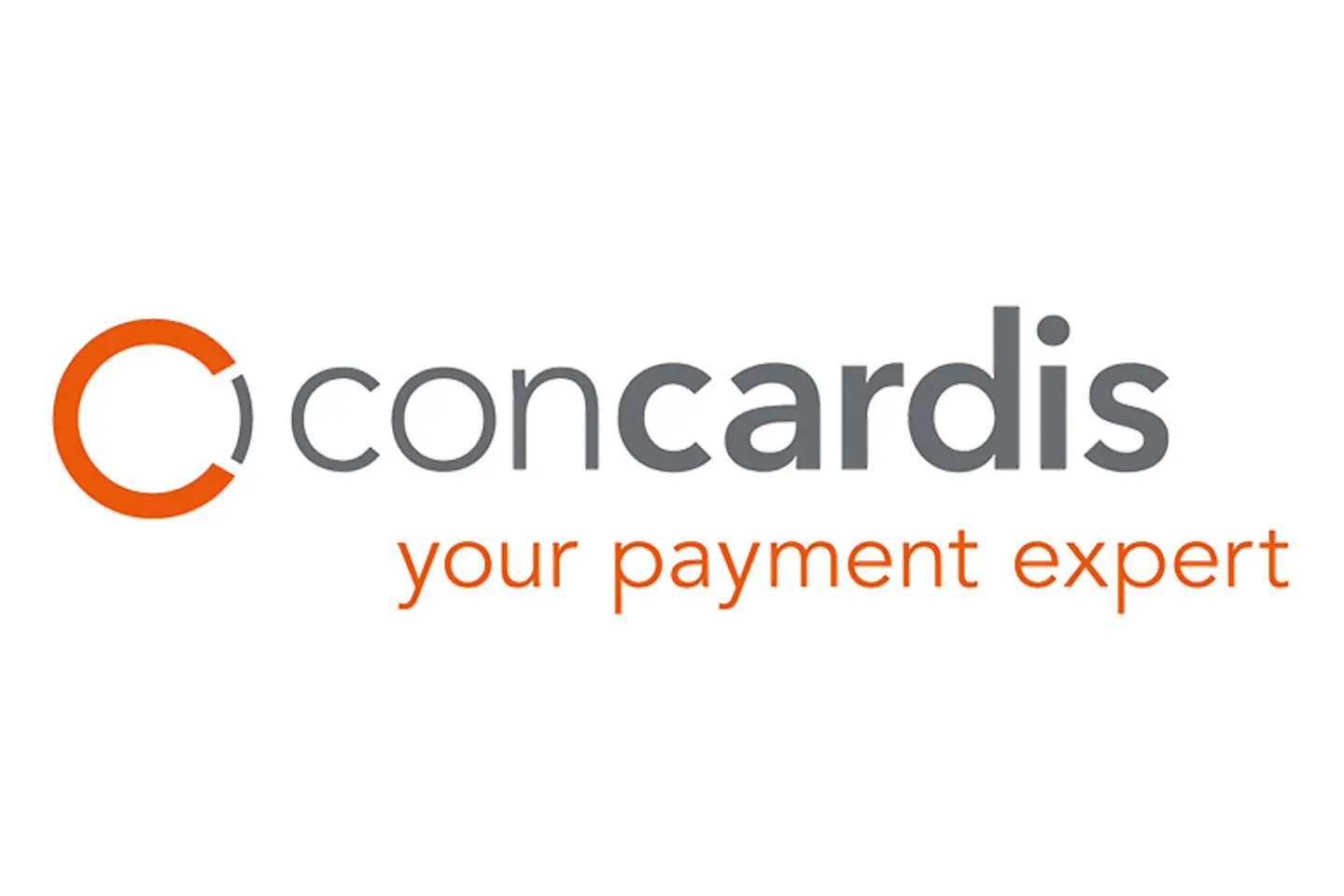

With Salesforce in the T-Systems cloud, Concardis benefits both in terms of productivity and service. The automation of complex business processes with the ticket system for customer and partner processes has instantly led to considerably higher efficiency. Thanks to multi-device access (smartphone, tablet, smart-watch, notebook or desktop PC), all employees can access the relevant processes and information at any time and from anywhere in the world. Complete transparency about customers, sales opportunities and activities, coupled with short response times and personalized help, increase customer loyalty and satisfaction. As an added benefit, the stacks of process-related paperwork have virtually disappeared. Concardis' stringent data protection and security requirements are also met in every respect. All digitized documents are forwarded automatically to CRM and from there they are quickly routed as tickets to right teams for processing. Previously distributed data of the peripheral systems such as the Business Warehouse and the Self-service Portal for customers are available centrally at Concardis. Thanks to this efficiency and transparency, sales and service at Concardis have reached a whole new level.

In spite of the high level of complexity, we have found an ideal, secure solution. The consulting services provided by T-Systems’ Digital Division on topics such as requirements management to agile implementation by Telekom MMS helped us a lot. As all sides are closely following the set course, this will allow us to cover all aspects of digitized interaction with the customer within two years.
Sven Schiefer, head of the Salesforce implementation project at Concardis

Concardis is an agile yet prudent company. While it is highly innovative, it is also very conservative when it comes to data privacy and security. The market for cashless payment systems demands both of these. After all, the pressure to digitize processes and communication is enormous and the security requirements for cashless transactions are very strict.
A provider whose payment solutions for customers, from small kiosks to large airlines, cater to all requirements, should also operate a CRM system which enables staff to recognize customers’ wishes quickly and react individually straight away. This was precisely the reason why Concardis went in search of the right partner, which could offer a suitable solution. To stay one step ahead when it comes to digitization, Concardis opted for a new CRM system with greater centralization, a higher degree of automation and mobilized processes. To achieve this, information from existing peripheral systems, e.g. the Self-service Portal for customers or the Business Warehouse with its customers and transaction data, was to be bundled together on a high-performance, digital platform. Ideally, this information should also be linked to marketing, sales and service activities. With a digitized ticket system for customers and partners, Concardis also wanted to reduce its large amount of paperwork and numerous emails it received in connection with everyday issues. Greater efficiency was needed across the board, including inquiries, orders, billing and complaints. High up on the list of requirements was also the integration of the new CRM application into the existing system landscape and mobile access. As data for cashless payments must be treated in the same way as bank data, data privacy and security are also critical for Concardis. The only way forward was, therefore, to opt for an audit-compliant hosting of the systems in a certified data center, in accordance with the strict German data protection rules and regulations.

After carrying out in-depth market research, only Salesforce and T-Systems offered the CRM cloud platform features that the company required and above all met the strict security requirements which apply to money transactions, even if they do not involve cash. Telekom MMS was brought on board as implementation partner.
Now that the integration is complete, 350 employees and around 100 external partners work with the Sales Cloud and Service Cloud applications – including on-the-go using the Salesforce app. Thanks to the middleware from Informatica, the data from the peripheral systems connected via interfaces are provided in the correct format on the central platform. The few documents which are still received on paper are scanned and, along with the predominantly digital documents, are forwarded directly to the CRM. They are then routed as tickets to the correct teams for further processing. The Salesforce digital app handles around 50,000 customer-driven and 25,000 partner-driven processes every year. Following the successful migration of customer data from the previous CRM, the next step will involve connecting the Business Warehouse to Salesforce so that sales and service staff are given a standardized 360° view of the customer. When it comes to data protection and security Concardis applies the “better be safe than sorry” principle. In addition to the highly secure German data center and its own Salesforce redundant system, Concardis operates a further backup solution which backs up data at much shorter intervals.
Concardis GmbH in Eschborn emerged in 2003 from the Gesellschaft für Zahlungssysteme (GZS), which was founded in 1982 as a result of a merger between Eurocard Deutschland and Deutsche Eurocheque Zentrale. In early 2017, Concardis was acquired by Advent International and Bain Capital Private Equity. While Concardis initially focused on connecting retailers to the credit card systems, the company has since moved on to become the leading German full-service payment service provider in the DACH region (Germany, Austria and Switzerland). From iPad POS in the restaurant business or e-commerce to integrated checkout solutions and card terminals – Concardis often provides the service that facilitates the cashless payment. With innovative solutions for e-commerce and m-commerce as well as in-store retailing, Concardis helps its customers to sell products and services across all channels and national boundaries and thus profit from growing international trade. Over the past two years, the company has increased its revenue by 19.1 percent from € 35.2 billion to € 41.9 billion.